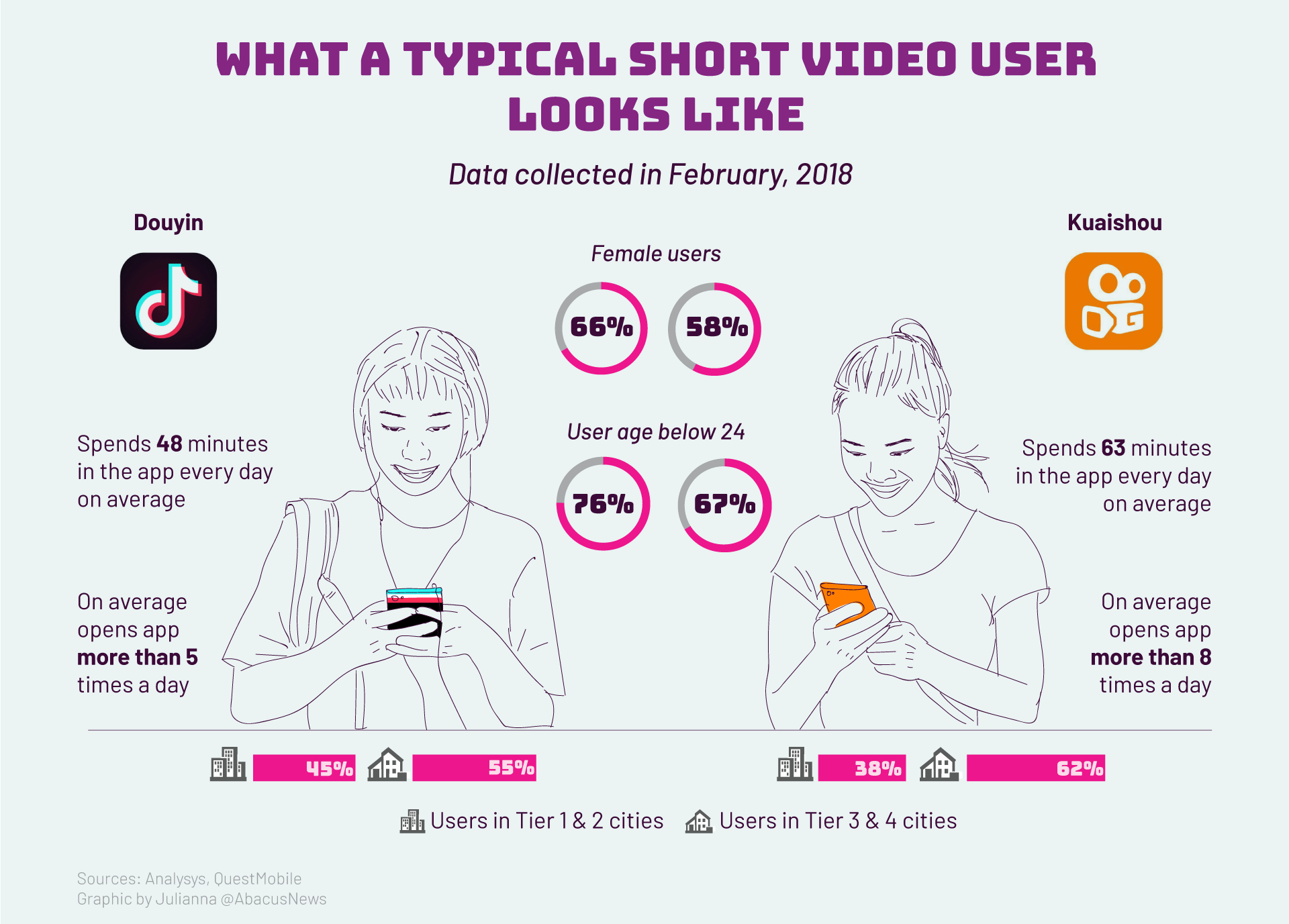
China loves short video so now the scammers are moving in
Of course free iPhones and free puppies are too good to be true
You’d think falling for online scams only happens to old people, but in China, young people are now getting fooled on their favorite platform.
TikTok, the viral short video sensation, has its roots in China
Scams on these apps are mostly online loans, according to Xinhua. The state-run media outlet blasted the three apps for loose censorship because users can easily use a profile picture and username to impersonate other platforms -- like Alipay -- and for the apps’ lack of warning for suspicious links.
(Abacus is a unit of the South China Morning Post, which is owned by Alibaba, whose affiliate Ant Financial owns Alipay.)
Tencent and Bytedance have yet to respond to our request for comment. Kuaishou did not comment on the Xinhua article, but said they have a series of measures to prevent scams.

One 14 year old reportedly saw a short video on TikTok saying that they’re giving away free puppies. He asked for one, but the scammer said that even though the puppy is free, they need to pay for transport and vaccinations. So the teenager paid 3,830 yuan (US$552), only to find out that he was blocked by the scammer. (And of course, there was no puppy.)
Other cases worked in a similar way, giving away free iPhones -- while asking for a variety of other fees.
Chinese short video apps want to make us shop
For more insights into China tech, sign up for our tech newsletters, subscribe to our Inside China Tech podcast, and download the comprehensive 2019 China Internet Report. Also roam China Tech City, an award-winning interactive digital map at our sister site Abacus.
For more insights into China tech, sign up for our tech newsletters, subscribe to our Inside China Tech podcast, and download the comprehensive 2019 China Internet Report. Also roam China Tech City, an award-winning interactive digital map at our sister site Abacus.

